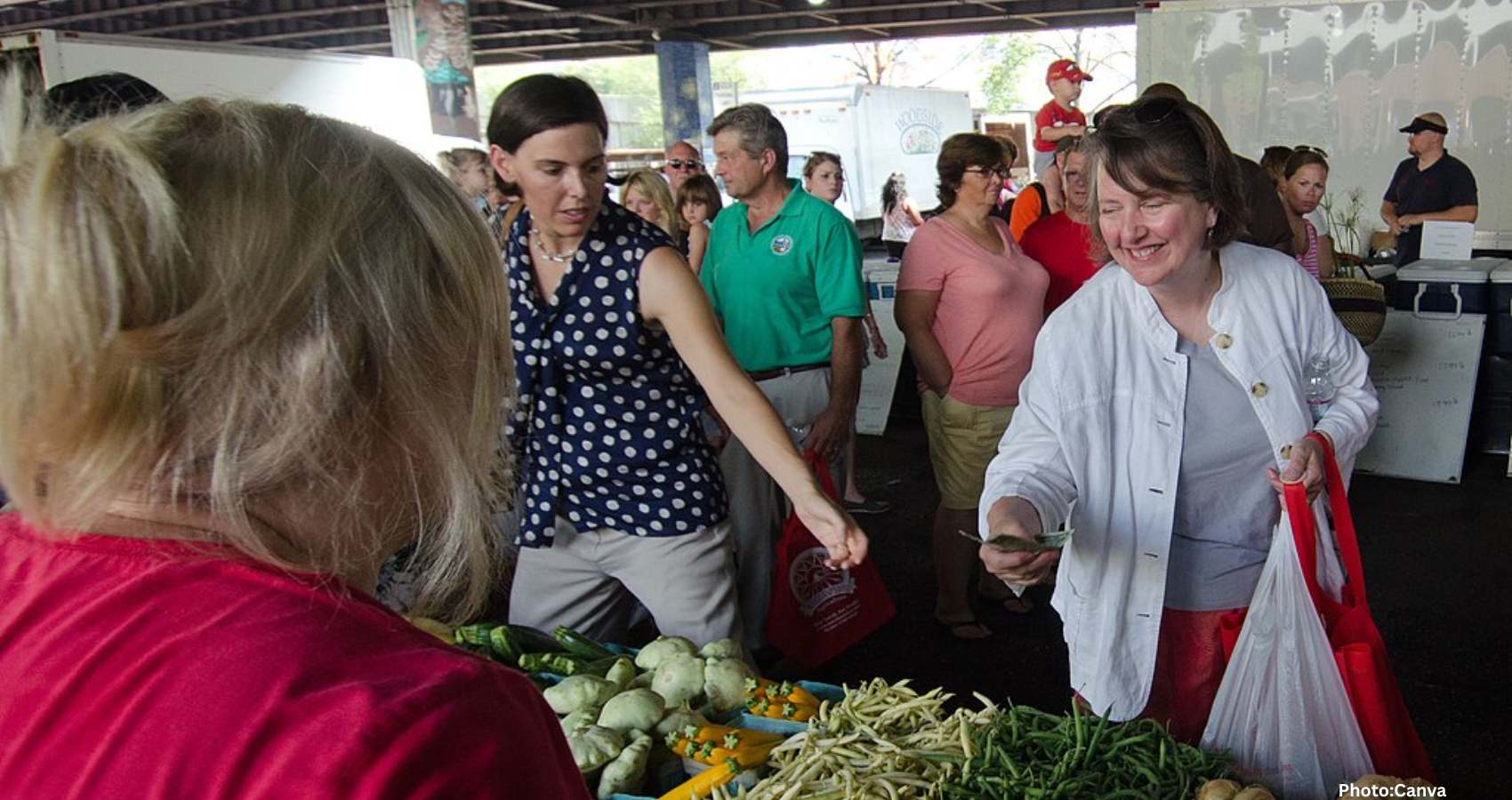The ongoing government shutdown is jeopardizing access to SNAP benefits, prompting communities to take action to support those facing food insecurity.
Across the United States, many individuals rely on the Supplemental Nutrition Assistance Program (SNAP) for essential food assistance. However, the current government shutdown poses a significant threat to these vital programs, potentially leaving millions of Americans vulnerable to food insecurity. In response, local businesses and compassionate community members are stepping up to help fill the gaps, providing support in various meaningful ways.
Judicial orders have mandated that the government utilize emergency funds to partially cover SNAP food aid for November. Despite this, recipients are still experiencing delays in receiving benefits that were originally scheduled for distribution early in the month.
Tee Tran, the owner of Monster Pho, a Vietnamese restaurant in Oakland, California, understands these struggles firsthand. Arriving in the U.S. as a Vietnamese boat person in 1989, Tran witnessed his mother working multiple jobs and relying on SNAP to support their family. Today, he offers free meals to children who depend on SNAP and provides discounts for their parents, driven by empathy and memories of his own hardships.
While community goodwill is commendable, food banks and charities caution that these local efforts cannot fully replace the extensive reach and scale of SNAP benefits. Stefanie Shuman, Communications Director for Food Bank For New York City, emphasizes that no food bank can completely compensate for the absence of SNAP distributions.
Kevin Cassidy, owner of KC’s Pizza & Wings on Long Island, has demonstrated a strong community spirit by offering free meals to anyone presenting a SNAP or EBT card. His social media outreach garnered overwhelming support and donations, enabling him to collaborate with local food banks to distribute grocery gift cards and prepared meals.
Despite facing challenges such as tariffs and reduced customer spending, Tran remains dedicated to assisting families reliant on SNAP without jeopardizing his business. His commitment highlights the importance of community support during difficult times.
Food banks stress that monetary donations are often more effective than direct food contributions. Financial resources can be used to purchase food in bulk, maximizing the impact of each dollar. In New York City, for example, a single dollar can provide up to five meals through food bank operations.
Many employers also match employee donations to food assistance organizations, further amplifying the impact of individual contributions. As food costs rise and demand increases, financial support is crucial for food banks to continue serving their communities effectively.
Online platforms have emerged where volunteers act as “grocery buddies,” assisting families facing disruptions in benefits by helping them shop, coordinating gift card use, or providing other forms of support.
For those looking to contribute food, food banks recommend donating non-perishable items such as canned proteins (chicken, tuna, salmon), pasta, and rice, as well as hygiene products like diapers and feminine care items—essential goods that are often overlooked but critical for families’ budgets.
Advocates encourage individuals to reach out to their local representatives to express concerns about the ongoing shutdown. While some state and local governments are attempting to bridge the gap left by federal SNAP delays, they cannot fully address all needs.
“There’s no single face to hunger,” notes Shuman. “But often it’s working families whose wages have not kept pace with living costs who suffer the most.”
Source: Original article

